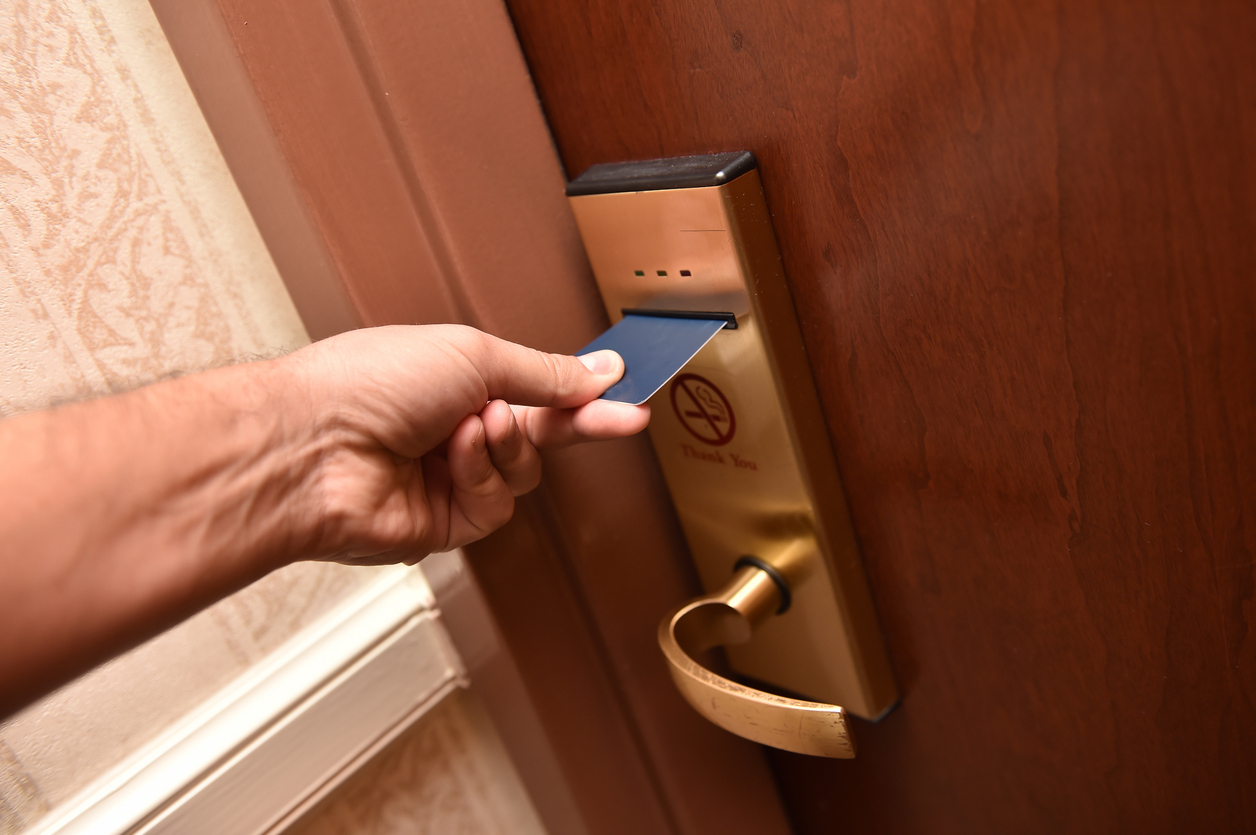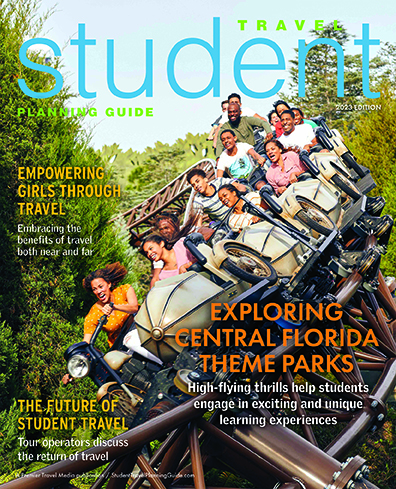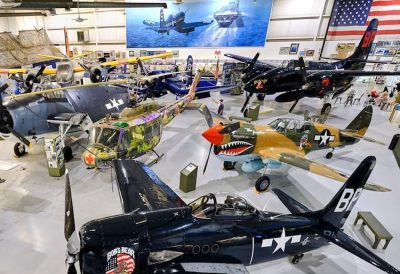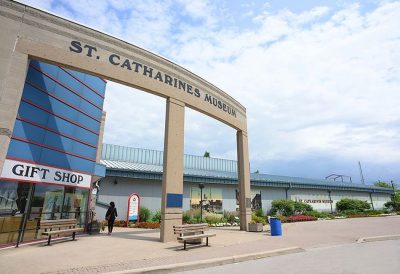Group leaders often feel angst when making choices about group travel. One of the major decisions is choosing a hotel for their student group. Staying within budget and thoughts of safety combined with a good night’s sleep may leave group leaders feeling compromised. Does one factor outweigh the others? The answer is no!
Safety First
 Safety is the first consideration when choosing a hotel property. A bit of due diligence really pays off. Research should include investigating the surrounding neighborhood, including the route to and from the hotel and calling the local fire department or hotel security office to ask about most recent fire inspection. Further questions include asking if night security dedicated to the group is provided, and, if not, is contracting with a local security provider allowed? Inquire if student hotel rooms are blocked together on one floor (or more depending on size of group) and demand that rooms not connect with guests outside of the student group. Are sightlines on each floor visible to chaperones no matter where placed on the floor? If not, be sure to space chaperones out so sightlines are clear for the rooms they are supervising. When selecting dates, ask the hotel if any other groups are booked at the same time that could potentially expose students to content not suitable for their age group.
Safety is the first consideration when choosing a hotel property. A bit of due diligence really pays off. Research should include investigating the surrounding neighborhood, including the route to and from the hotel and calling the local fire department or hotel security office to ask about most recent fire inspection. Further questions include asking if night security dedicated to the group is provided, and, if not, is contracting with a local security provider allowed? Inquire if student hotel rooms are blocked together on one floor (or more depending on size of group) and demand that rooms not connect with guests outside of the student group. Are sightlines on each floor visible to chaperones no matter where placed on the floor? If not, be sure to space chaperones out so sightlines are clear for the rooms they are supervising. When selecting dates, ask the hotel if any other groups are booked at the same time that could potentially expose students to content not suitable for their age group.
Safety doesn’t stop at selecting the hotel. It’s a best practice to provide a safety briefing prior to entering the hotel. Once on the floor, point out fire exits to the students and chaperones. Warn that elevators should never be used during a fire. A general rule of thumb chaperones should use is to count out the number of hotel room doors between their room(s) and the fire exit. Emergency lighting doesn’t always work and knowing the number of doors between rooms and the fire exit could be a lifesaver. It’s also a very good idea for chaperones to bring a flashlight as it could prove quite valuable during a power failure. A rooming list with room numbers for every student room assigned to their group is a must.
Chaperones should also warn students to never open a door to an outside guest, including security professionals. Security professionals who work with student groups are specially trained to not enter student rooms unless accompanied by a chaperone.
If possible, prior to check-in, a group leader or, if using a tour operator, the group’s tour director should check every room. Attention should be given to the overall condition of the room, confirming the room does not connect to an outside guest, and that windows and balcony doors are securely fastened to prevent students from accessing outside areas that are off limits. Further, the fire exits must be checked to ensure they are not blocked. I’ve seen stairwells used to hold extra rollaway beds or chairs, a situation that could impede a safe exit. At the very least, rooms and fire exits should be evaluated at the time of check-in.
Budgets: The 3 D’s- Dollars, Dates and Destination
Great hotels for student groups are available in all price categories. In the most popular destinations, the cost of hotel rooms comes down to the day of the week you’re checking in. Most leisure travelers think hotels are more expensive on weekends, as Fridays and Saturdays are preferred dates of check-in for this category of travelers. However, in popular destinations such as Washington, DC or New York City, hotel rates can be more expensive on weekdays versus weekends. Tuesday and Wednesday check-ins in business cities are peak days for business travelers, and student groups can expect to pay a premium for those rooms. Often the same rooms, even at higher-end hotels, can be 60 percent less expensive with a Thursday, Friday or Saturday check-in. Peak season for student groups, from mid-March through mid-June, will also bring higher rates as demand is high. For the best budget-friendly deals, consider traveling during fall or any time off-peak.
Ambiance and Amenities
 Student group leaders, by their very nature, seek to expose their population to a bigger world. In my former life as a student tour operator, group leaders who step forward and seek travel opportunities for students have a purpose higher than their own. It’s truly not about “going on vacation” with 50 or more young people. It’s about exposure to a culture outside of the hometown.
Student group leaders, by their very nature, seek to expose their population to a bigger world. In my former life as a student tour operator, group leaders who step forward and seek travel opportunities for students have a purpose higher than their own. It’s truly not about “going on vacation” with 50 or more young people. It’s about exposure to a culture outside of the hometown.
The type of hotel chosen depends on the overall goal of the experience. Do you want your students to experience a high-end hotel, rooms with a view of the ocean, amenities such as an indoor pool or fabulous courtyard? Or are you simply looking to have a clean and safe place to rest each night? The choice will ultimately come down to how the desired experience fits into the tour budget.
Don’t be afraid to seek out higher-end hotels, especially off-peak and on weekends. Hotels in business cities are often clamoring for weekend business. The best hotel experience I ever witnessed involves a student group from a small town in Wisconsin. Upon entering a luxury hotel on Capitol Hill in Washington, DC and admiring a massive lobby, I overheard one student, with his pillow from home in hand, comment to another, “ This is the most beautiful hotel I have ever seen—it ain’t like anyplace I’ve ever stayed before.” Enough said.
Choosing a hotel for a student group shouldn’t cause angst. By following best practices in safety and budget, group leaders can easily create the experience they wish to achieve. And, get a good night’s rest as well!
About the contributing author:
Lisa S. Curtin shares her thoughts following 20+ years of tour expertise, both as a group leader and Vice President of Operations for a major student travel company. Lisa now consults to the tour industry with organizations including the Student Youth Travel Association and serves as a contributing author to this publication. Currently, Lisa is the Chief Operations Officer for Caldwell & Companies.






